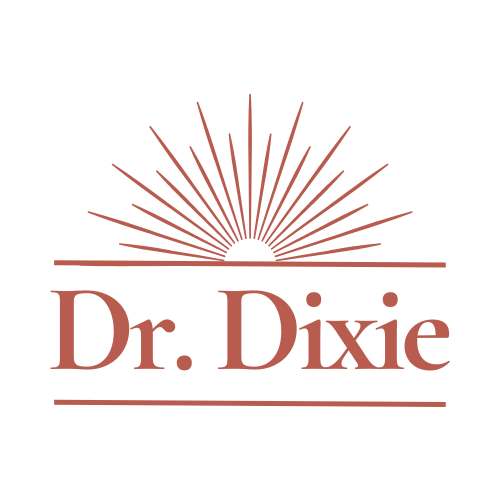Collagen for skin, gut and joint health
The Science Behind Collagen: Gut Healing, Youthful Skin, and Strong Joints
Collagen is the most abundant protein in the human body, making up nearly 30% of total protein content. It plays a vital role in maintaining the structure and integrity of connective tissues, including the skin, joints, ligaments, and gut lining. As we age, collagen production declines, leading to visible signs of aging, joint discomfort, and compromised gut health. Supplementing with collagen can help counteract these effects, promoting overall wellness from the inside out.
Collagen and Gut Health
The gut lining is a single layer of epithelial cells held together by tight junctions. When these junctions become compromised due to inflammation, stress, poor diet, or toxins, it can lead to "leaky gut syndrome," allowing undigested food particles and toxins to enter the bloodstream, triggering inflammation and immune responses.
Collagen helps restore gut integrity in several ways:
Strengthens the gut lining: Glycine and glutamine, two key amino acids in collagen, support tissue repair and the regeneration of intestinal cells.
Reduces inflammation: Collagen peptides help modulate gut-associated inflammation, reducing symptoms of irritable bowel syndrome (IBS) and other digestive disorders.
Supports healthy digestion: The amino acids in collagen promote stomach acid production, aiding in nutrient absorption and reducing bloating.
Collagen for Skin, Hair, and Nails
One of the most well-known benefits of collagen is its ability to improve skin elasticity and hydration. Collagen works by:
Boosting skin elasticity: Collagen fibers provide structural support to the dermis, preventing sagging and wrinkles.
Enhancing hydration: Hydrolyzed collagen peptides stimulate the body’s natural hyaluronic acid production, improving skin moisture levels.
Strengthening hair and nails: The amino acids proline and glycine support keratin production, leading to stronger, shinier hair and more resilient nails.
Collagen for Joint and Ligament Health
Collagen is an essential component of cartilage, the cushioning material that protects joints and ligaments from wear and tear. As collagen levels decline with age, joint pain and stiffness may increase. Supplementing with collagen peptides can:
Improve joint mobility: Studies show that collagen supplementation helps reduce joint pain and stiffness, especially in osteoarthritis and active individuals.
Enhance cartilage regeneration: Hydrolyzed collagen promotes the synthesis of type II collagen, essential for joint cartilage health.
Prevent injuries: Strengthening tendons and ligaments with collagen supports better flexibility and reduces the risk of strains and tears.
How to Incorporate Collagen Into Your Diet
Collagen can be obtained through food sources or supplementation. Some of the best ways to boost collagen intake include:
Bone broth: A natural source of collagen, rich in amino acids and minerals that support gut and joint health.
Collagen peptides: Hydrolyzed collagen supplements are highly bioavailable and easily absorbed by the body.
Choline bound silica drops: supports the synthesis of collagen fibers and improves the structural integrity of connective tissues.
Protein-rich foods: Eggs, chicken skin, fish skin, and organ meats contain collagen and collagen-boosting nutrients.
Vitamin C-rich foods: Citrus fruits, bell peppers, and leafy greens help stimulate collagen synthesis.
Conclusion
Collagen is an essential protein that supports gut health, enhances skin, hair, and nail vitality, and strengthens joints and ligaments. By incorporating collagen-rich foods or high-quality supplements into your diet, you can promote healing, reduce signs of aging, and improve overall well-being. Whether you're looking to restore gut integrity, maintain youthful skin, or prevent joint discomfort, collagen is a powerful tool in optimizing health from the inside out.
Get my favorite collagen products here: https://us.fullscript.com/welcome/dwall

